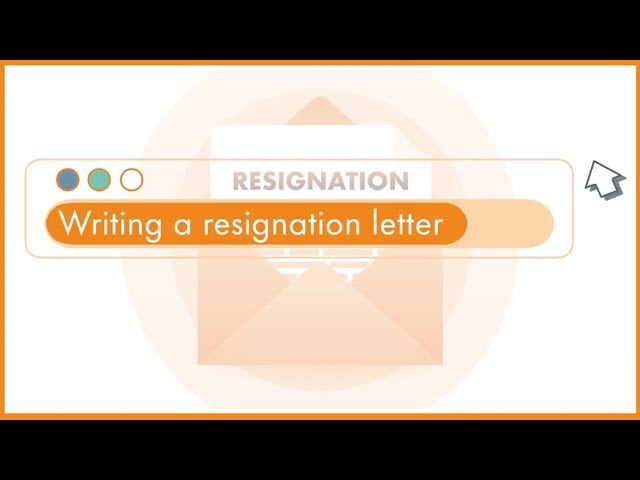How to Write a Letter of Resignation
Writing a resignation letter may seem like just one more hurdle to cross before you can move onto the next stage of your career. However, like every aspect of resigning, it is important to maintain a professional approach. So, even if your boss doesn’t specifically ask for notification in writing, handing in a resignation letter can enhance your professional reputation and support a healthy working relationship with your manager.
The key is to remain diplomatic. Don’t turn your letter of resignation into a list of grievances. You may want to work for the company again at some stage, or you could cross paths professionally with your current boss down the road. At the very least, you may need your employer to provide a reference for you. So, keep your letter positive and tactful. Draft the main points of your letter in advance, but wait until you have had a conversation with your manager to fine-tune the wording so that it reflects the main points of your conversation.
Not sure where to start? Check out these pointers on how to write a resignation letter.
Related: How to tell your boss you're quitting
How to write a resignation letter: what it should include
Your letter of resignation doesn’t have to be long or complicated, but some aspects should be standard.
- Date your letter so there's written documentation of how much formal notice you have given the company.
- Address the letter to the appropriate person.
- Keep the opening paragraph short and to the point regarding your intention to resign.
- Provide the date of your last day with the company.
- Sign your letter, followed by your personal/forwarding contact information for any post-departure questions or communication.








